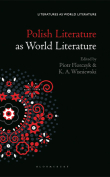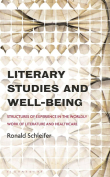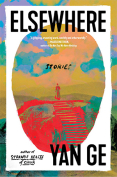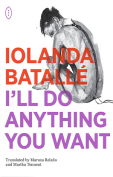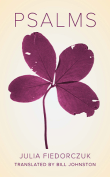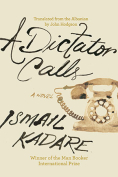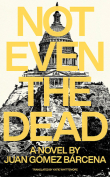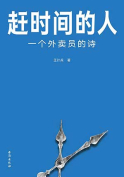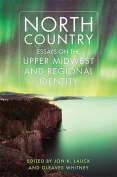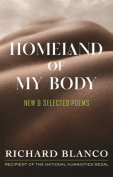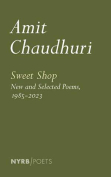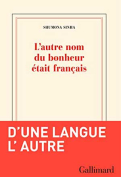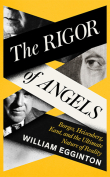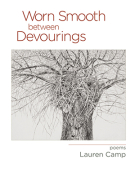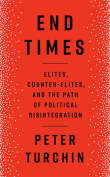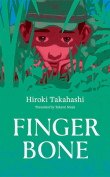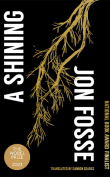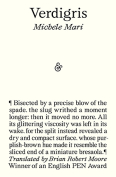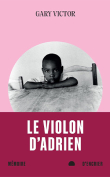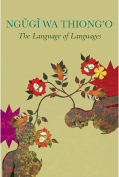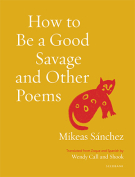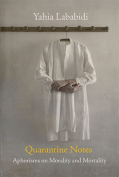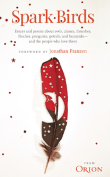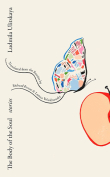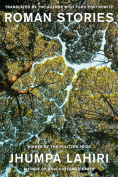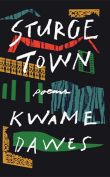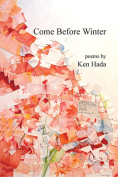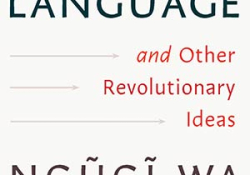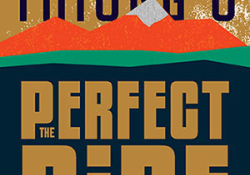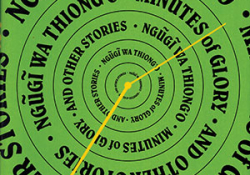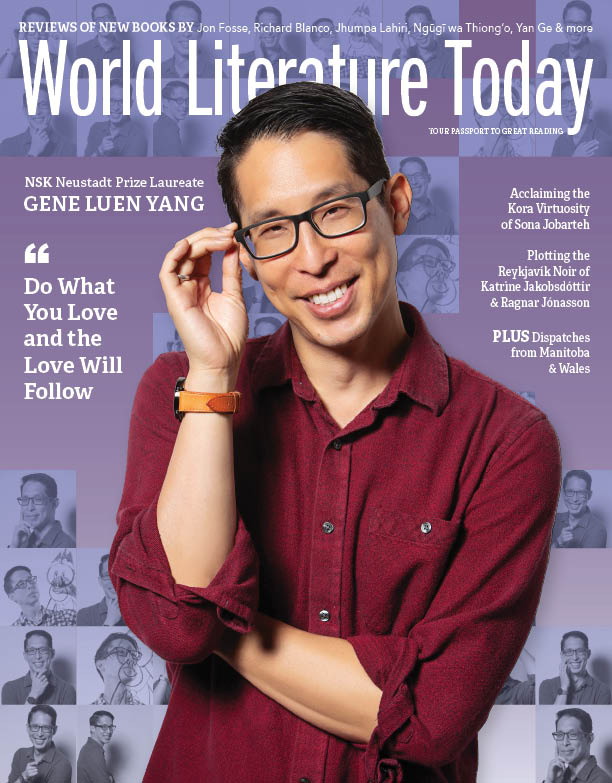The Language of Languages by Ngũgĩ wa Thiong’o
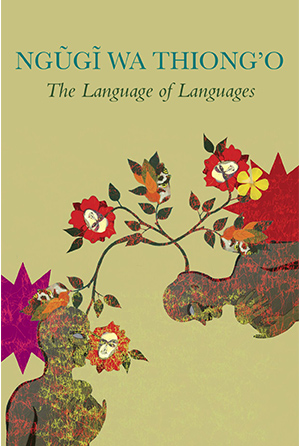 London. Seagull. 2023. 116 pages.
London. Seagull. 2023. 116 pages.
Ngũgĩ wa Thiong’o’s advocacy of Africans writing in their own African languages and then translating to other African and foreign languages began in 1977 with his writing in Gikũyũ. However, the lectures and talks in The Language of Languages took place between 2000 and 2019. There is consistency in Ngũgĩ’s position, as “Ideas and anecdotes recur through these essays . . . so that this volume may function as an accurate record of the author’s substantial contribution in the field of translation.” Ngũgĩ’s position on language in literature became more entrenched after the incident at the 1966 PEN International Conference in New York when the Italian writer Ignazio Silone made denigrating remarks (à la Saul Bellow) about Bantu languages. The then-young African author “stood to object to the insult of Africa,” an action that elicited Pablo Neruda’s “gesture of solidarity” with him.
Ngũgĩ observes two ways languages and cultures can relate. There is the hierarchical relation imposed by imperialists on subjects and suppressing others, as the British, French, and Spanish did in Africa, which has led to pampering European languages and pauperizing African ones. The other way is the equal-democratic way, since “every language is equally capable of expansion to embrace new experiences.” To the Kenyan author, translation gives life to languages as shown in the examples of the Bible and Marx’s Communist Manifesto. He finds translation as a dialogue/conversation and a bridge between languages; hence it is the “language of languages.”
The title of Ngũgĩ’s keynote address at the Asmara, Eritrea, conference in 2000 is telling of how far Silone’s racist comment had haunted him: “Finding Our Way: Dialogue among Our Languages Is the Way to the Unity of African Peoples.” He found it ironic that those writing in English were better known than those writing in African languages. He noted that colonialism alienated Africans from their ways and asked why African knowledge should be in European languages and not in African languages. He sought the assistance of publishers and scholars to invest in African languages because “in addition to holding dialogues among themselves they must open dialogues with the other languages of the earth.”
Ngũgĩ intensified his contribution to translation after being made director of the International Center for Writing and Translation at the University of California, Irvine. He affirms that “a translation is a new work—a work of art . . . not quite identical with the original. . . . Translation is a creative process in its own right and translators are creative interpreters because a part of their own soul is contained in the new work, in the new translated work.” He opines that translation is good in cementing friendship as it did among ancient Greeks and Egyptians. He exhorts for change from a world of a “dominant few and a marginalized many” so that “translators then become missionaries for the future of the global culture.”
The other lectures of the book reinforce ideas he already promulgated in this discussion. In “Encounters with Translation: A Globalectic View,” he affirms that “My globalectic worldview, that any centre can be the centre of the world, also informs my view of languages” that “[t]here is no small or big language; they each give and take.” In the “Preface to the Kurdish Translation of Decolonizing the Mind,” he observes that “language control has always been at the centre of imperial cultural and psychological conquests”; hence knowing one’s mother tongue is very important to emancipation. In addition, translation is important in knowing other languages to empower oneself. In “An Archipelago of Treasures,” Ngũgĩ makes the point that translation acknowledges that all languages, big and small, “carry precious and unique treasures of the mind,” a situation that gives rise to what Goethe called “world literature.”
“Adventures in Translation” discusses the author’s writings in Gikũyũ: Devil on the Cross while in prison in Kenya and two other novels, Matigari and The Wizard of the Crow, while in exile. Wangui wa Goro translated Matigari; Ngũgĩ translated the other two. His co-authored first work in Gikũyũ, a play, I Will Marry When I Want, sent him to prison. He believes that “language contact through translation is the real oxygen of civilization.” In the concluding lecture, “The Politics of Translation: Notes towards an African Language Policy,” he emphasizes “inter-African-language translations” and ends by emphasizing the need for “a grand alliance of government, private capital—particularly Africa-based—academies, universities, publishers, writers, translators, interpreters and readers.”
Ngũgĩ wa Thiong’o is the leading writer and academic of his generation to advocate for Africans to write in their own languages and the translation from one African language to another. He has through decades impressed on Africans that they can only be free if they write in their own languages, which are as important as the colonial languages to which most still cling. With translation into other African languages, there would be a true liberation and unity of Africans. He has not only shown that through his own practice of writing in Gikũyũ and translating into English but also used his career as an academic and every opportunity to lecture to emphasize the points about the importance of translation to humankind. Doubtless the passion, consistency, and commitment of his advocacy of writing in African languages and translating works into others mark him out as an exceptional Pan-African writer, intellectual, literary theorist, translator, and world-literature figure.
Tanure Ojaide
University of North Carolina at Charlotte
